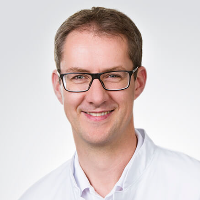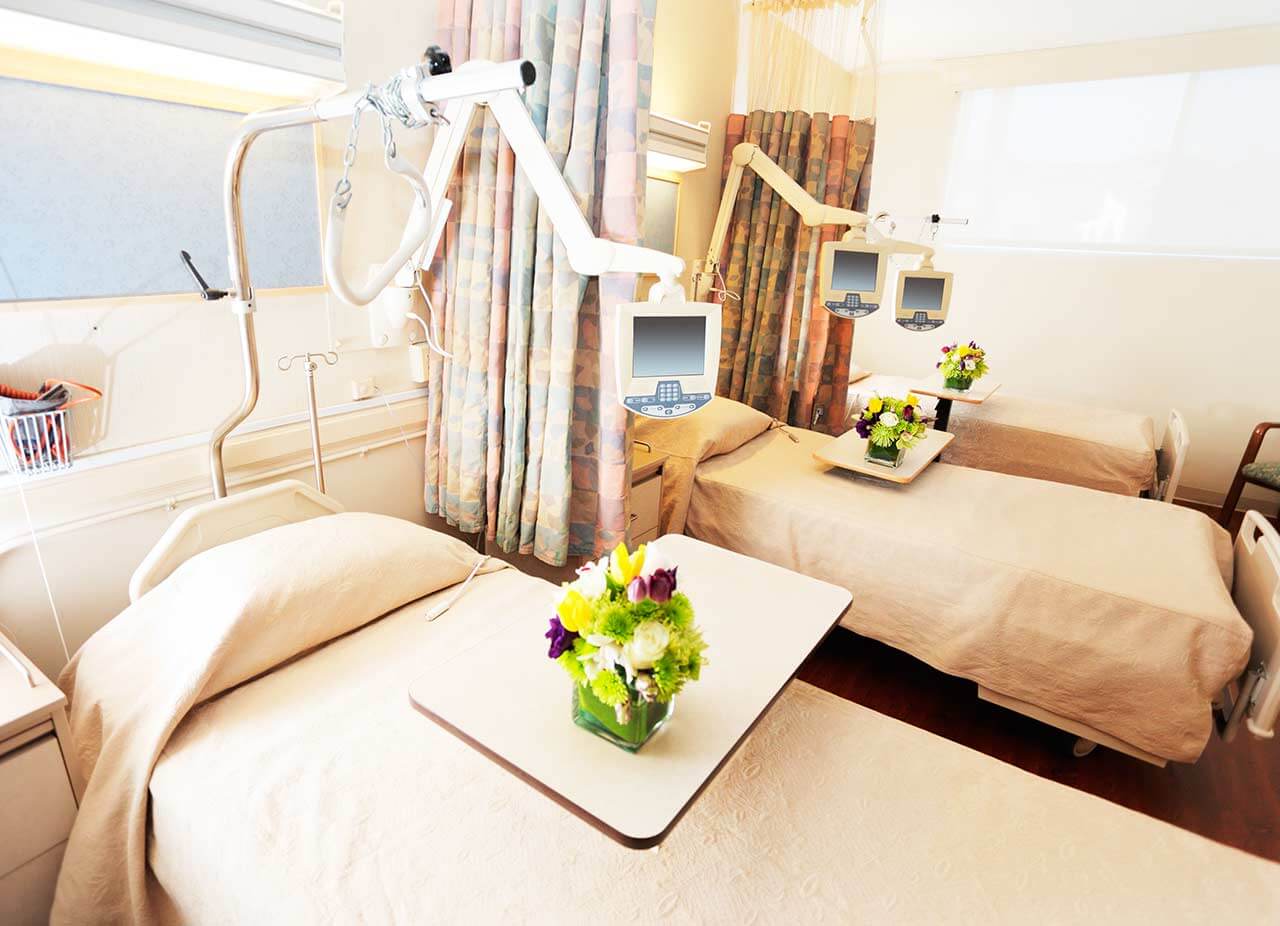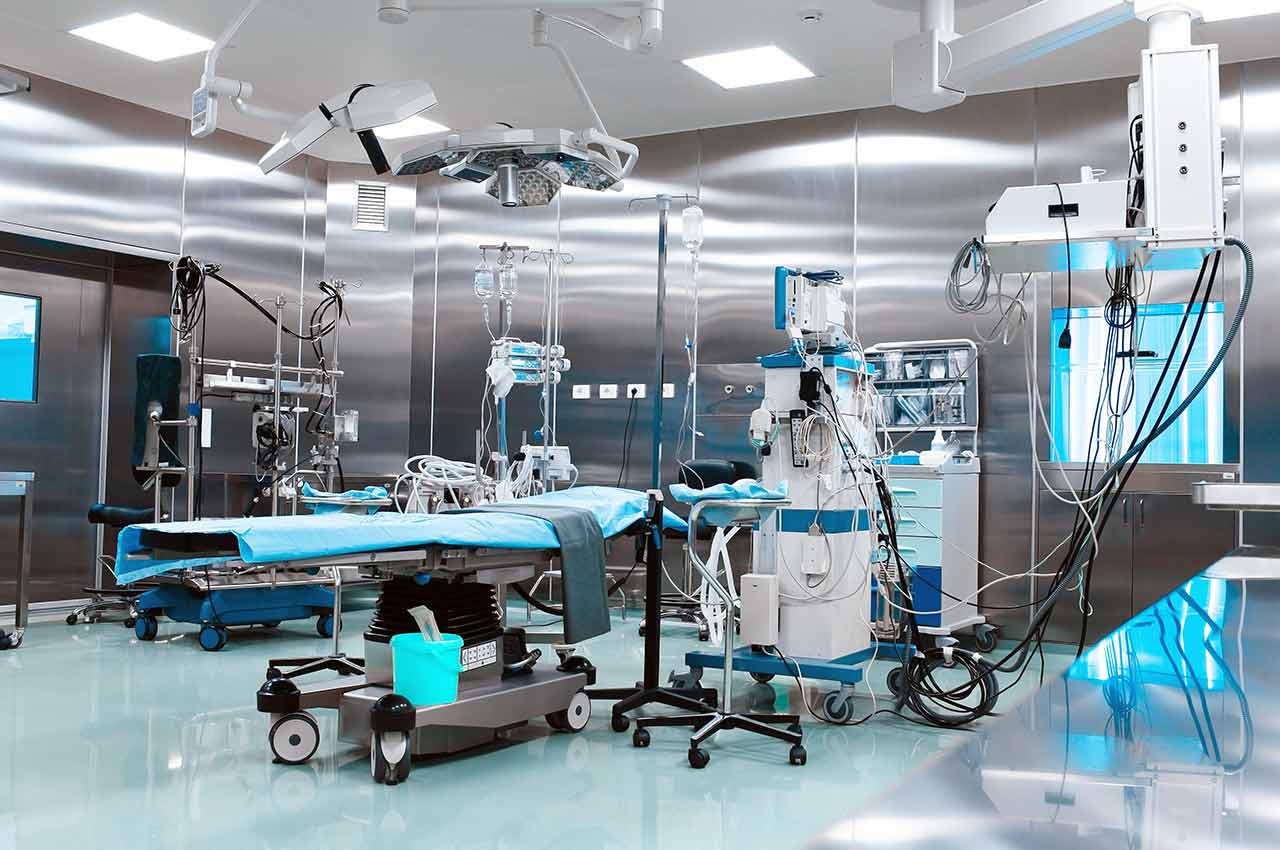
About the Department of Neurology and Epileptology at Park-Clinic Weissensee Berlin
The Department of Neurology and Epileptology at the Park-Clinic Weissensee Berlin provides all the options for modern diagnostics and effective treatment of acute and chronic diseases of the brain, spinal cord, peripheral nerves, and muscles in accordance with the very latest standards. The department's team of doctors has vast experience in treating strokes and Parkinson's disease. A modern Stroke Unit is available for patients with strokes, where doctors regularly perform thrombolysis and endovascular recanalization. Such patients are also offered early phase B rehabilitation. The specialists also successfully cope with the treatment of epilepsy, dizziness, and balance disorders. Patients with chronic pain syndromes are offered multimodal therapy. During the therapeutic process, the very latest medical technology and highly effective medicines are used, and, if necessary, doctors from other medical fields, psychologists, and physiotherapists are involved in the treatment process. The department is headed by PD Dr. med. Axel Lipp.
The department's neurologists have all modern diagnostic methods for assessing the functioning of the nervous system. They carry out electromyography, neurography, registration of evoked potentials, special tremor analysis, long-term video-EEG monitoring for the detection of epilepsy, and imaging tests, including CT and MRI scans. The specialists of the medical facility always take a responsible approach to diagnosing a patient, since it is precisely the establishment of an accurate diagnosis that largely determines the success of the upcoming treatment.
As for the department's therapeutic possibilities, in most cases, doctors use drug treatment, prescribing pills, infusions, and/or injections of drugs to their patients. An excellent effect is also achieved through auxiliary methods such as physiotherapy, therapeutic exercises, including in the pool, occupational therapy, speech therapy, and art therapy. Patients with chronic pain syndromes are offered multimodal therapy and image-guided blocks (for example, periradicular infiltration therapy).
The primary focus of the department's work is the provision of medical care to patients with a stroke. For this purpose, a specialized Stroke Unit operates on the basis of the medical facility, which is certified in accordance with the requirements of the German Stroke Society (DSG). Neurologists of the Stroke Unit specialize in thrombolysis and endovascular recanalization, which are the most advanced and most effective methods of dealing with a stroke. A part of the beds in the Stroke Unit are equipped with monitoring systems, thanks to which the vital signs of patients are constantly monitored. The interdisciplinary team of the department's physicians treats about 500 stroke patients annually.
The treatment of Parkinson's disease is also a priority in clinical practice. First-line therapy is the intake of an individually prescribed set of drugs. Some patients are offered pump therapy with Duodopa or apomorphine, a dopamine agonist. The specialists also resort to intensive physiotherapy and occupational therapy to improve a patient's mobility. In particularly complex cases, the department's neurologists, together with the specialists from the Charite University Hospital Berlin, consider the possibility of deep brain stimulation.
The department offers excellent inpatient multimodal pain management programs for patients suffering from chronic pain. Such programs are successfully used to treat chronic back pain and complications of herniated discs, chronic headaches, neuropathic pain, fibromyalgia, etc. The treatment is based on the use of drugs and intensive physiotherapy. Treatment activities are complemented by psychological consultations, relaxation procedures, art therapy, and other methods.
The department's doctors regularly admit patients with epilepsy. The main examination methods include electroencephalography, video-EEG monitoring, computed tomography or magnetic resonance imaging, and laboratory tests. Should the diagnosis be confirmed, the attending physician will prescribe the optimal treatment. As a rule, a single antiepileptic drug is selected, which must be taken for a long period of time. Some patients are prescribed several drugs at once. Patients must strictly follow their doctor's instructions without changing the dosage of the drug and not stop its intake without the knowledge of a specialist.
The department's key clinical focuses include:
- Diagnostics and treatment of a stroke
- Diagnostics and treatment of Parkinson's disease and atypical parkinsonian syndromes
- Diagnostics and treatment of epilepsy
- Diagnostics and treatment of dizziness and balance disorders
- Diagnostics and treatment of dementia conditions (a special focus on Alzheimer's disease)
- Diagnostics and treatment of gait disorders and ataxia
- Diagnostics and treatment of movement disorders: tremor, dystonia and myoclonus
- Diagnostics and treatment of multiple sclerosis
- Diagnostics and treatment of diseases of the peripheral nervous system (polyneuropathies)
- Diagnostics and treatment of chronic back pain syndromes
- Diagnostics and treatment of other neurological disorders
The department's range of diagnostic and therapeutic services includes:
- Diagnostics
- Electroencephalography (EEG)
- Long-term EEG with video monitoring
- Registration of evoked potentials
- Neurography (nerve conduction assessment)
- Electromyography (muscle activity assessment using needle electrodes)
- Ultrasound scans of the cerebral blood vessels
- Lumbar puncture (cerebrospinal fluid test)
- Video-oculography and other methods of examining the vestibular system
- Muscles and nerve ending biopsy
- Neurophysiological studies (diagnostics of brain dysfunctions)
- Imaging tests: computed tomography and magnetic resonance imaging
- Treatment
- Drug therapy with pills, injections and infusions
- Thrombolysis and endovascular recanalization for stroke
- Multimodal pain management
- Auxiliary therapeutic procedures: physiotherapy, therapeutic exercises, including in the pool, occupational therapy, speech therapy, art therapy, and relaxation procedures
- Other medical services
Curriculum vitae
PD Dr. med. Axel Lipp is the Head of the Department of Neurology and Epileptology at the Park-Clinic Weissensee Berlin. The specialist has more than 29 years of successful clinical experience. The doctor has excellent qualifications in treating diseases of the spinal cord, peripheral nerves, stroke, epilepsy and multiple sclerosis. Together with his team, Dr. med. Axel Lipp treats about 500 stroke patients every year. The specialist is a member of many professional medical organizations, including the German Neurological Society.
Photo of the doctor: (c) Park-Klinik Weißensee GmbH





